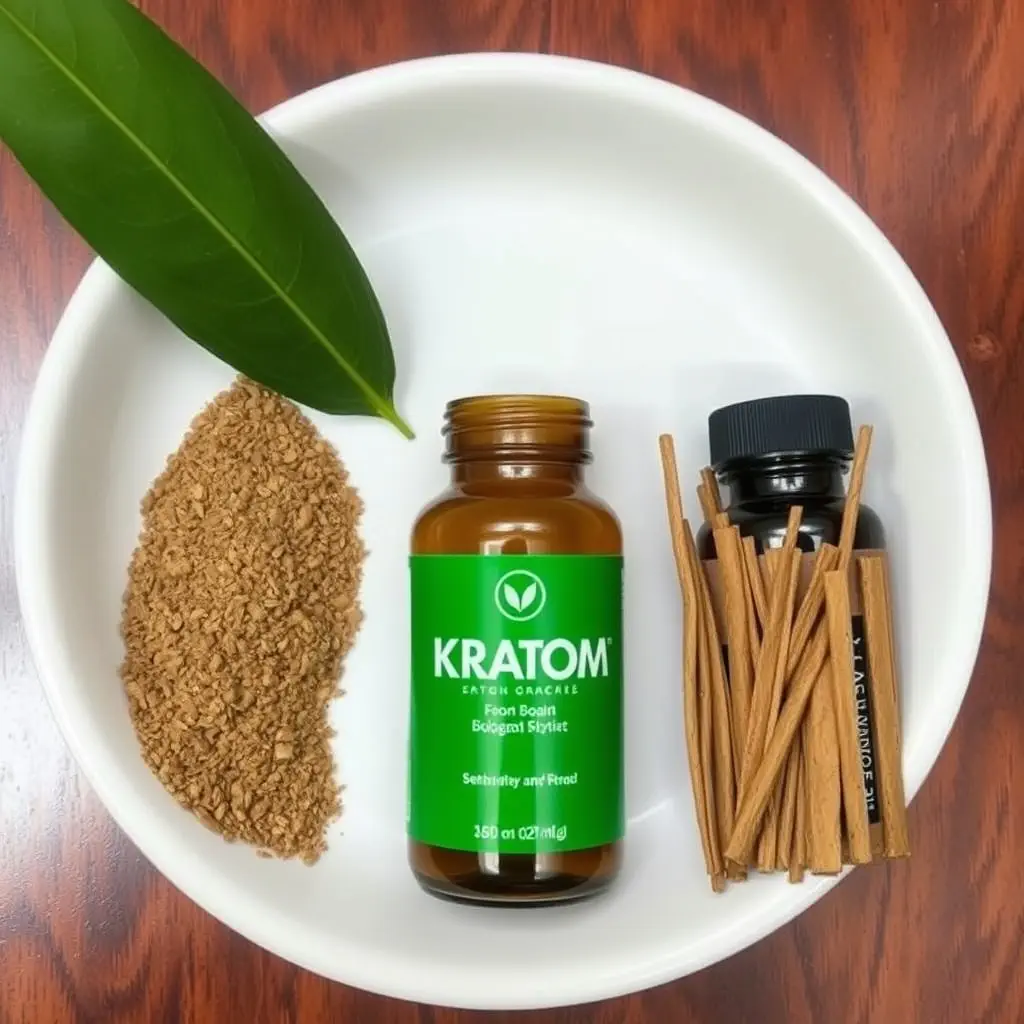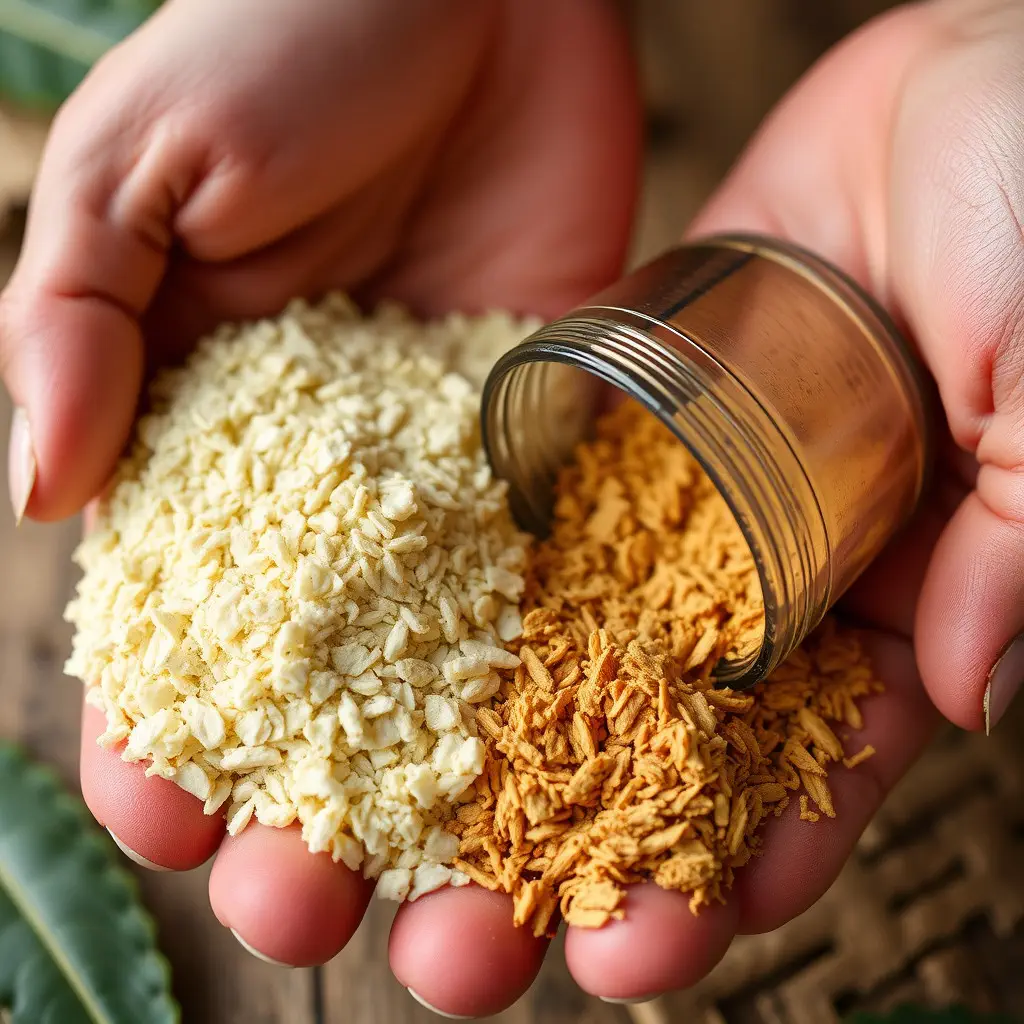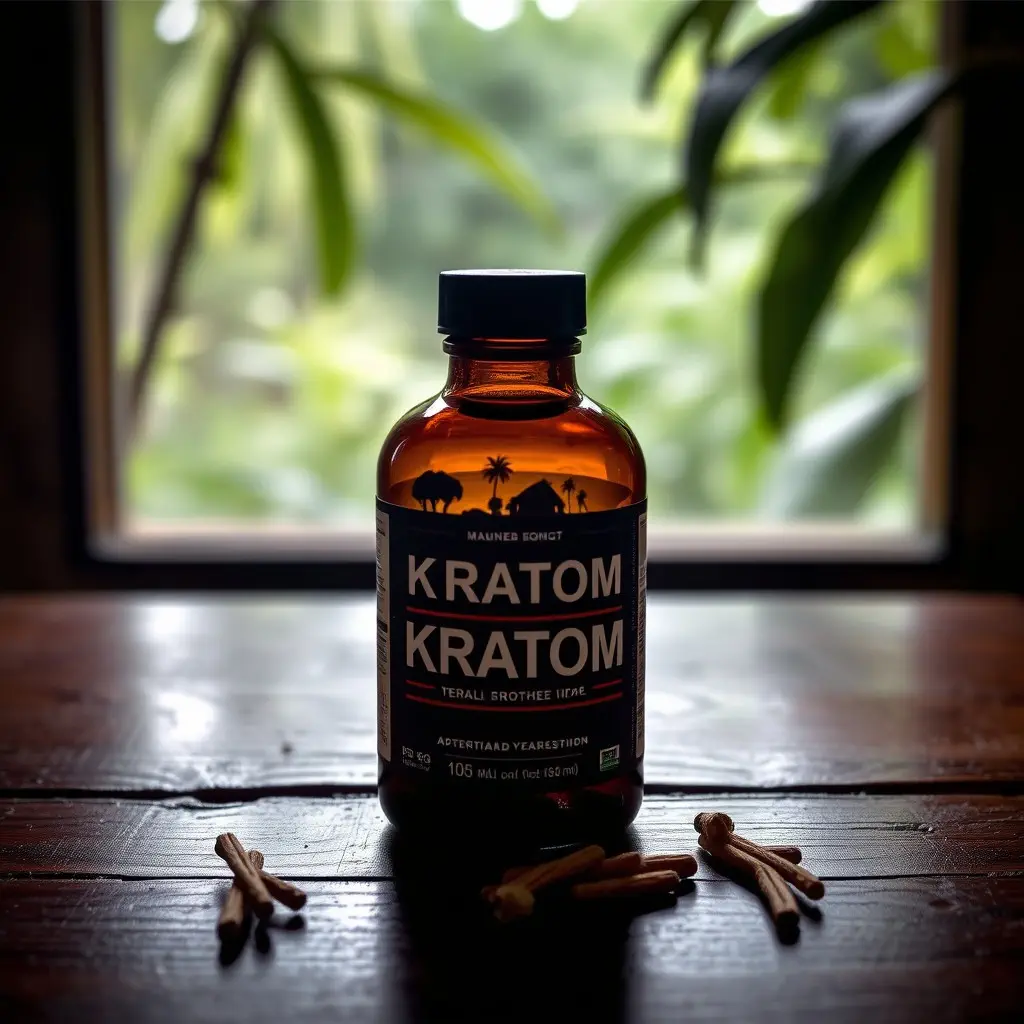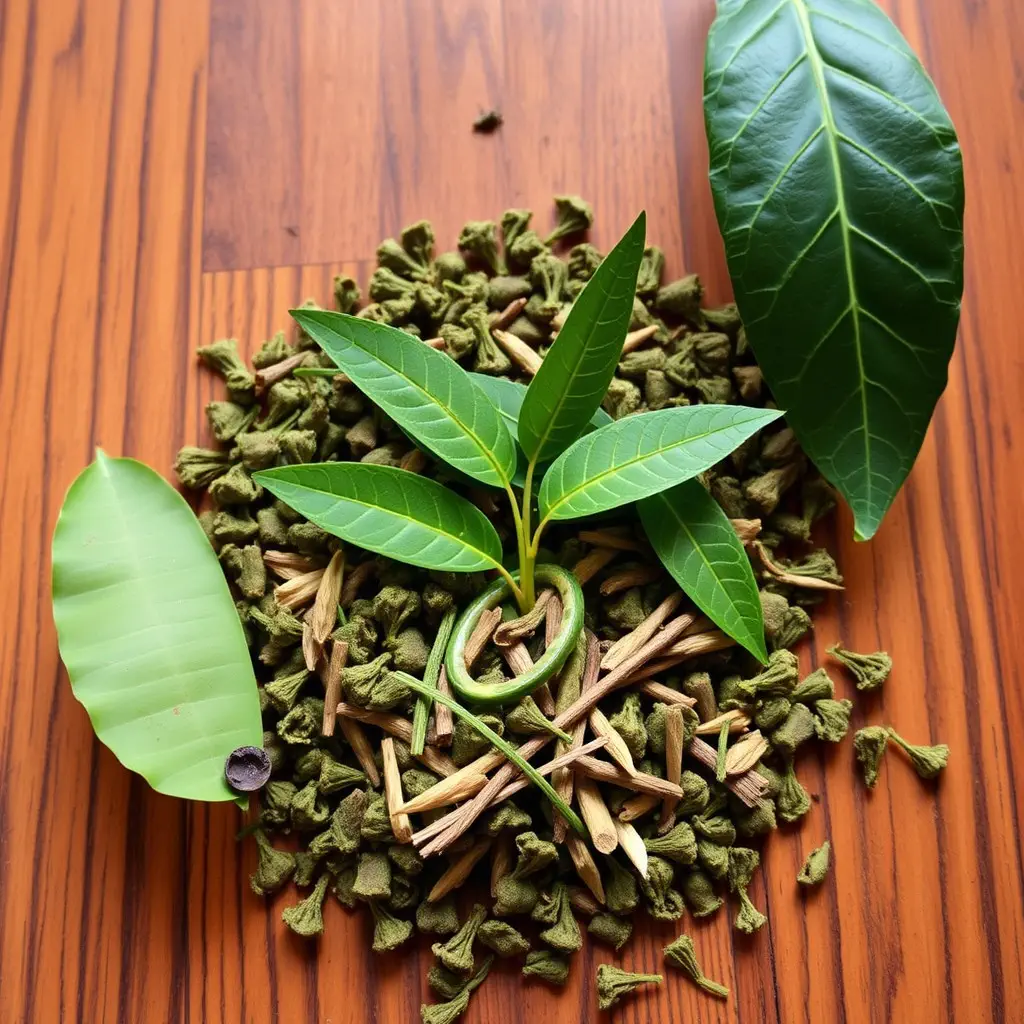Kratom, a plant-based extract with active alkaloids like mitragynine and 7-hydroxymitragynine, is a topic of debate in Colorado's addiction treatment as it may help manage opioid withdrawal symptoms. Its legal status in Colorado varies by local ordinance; while the state permits its sale and use under certain conditions, some cities have implemented bans. The FDA has flagged concerns about kratom's potential for dependency and adverse effects. Despite these warnings, there are reports and personal testimonies that suggest kratom aids in recovery by alleviating withdrawal symptoms. However, due to limited long-term research on its efficacy and safety, users and healthcare providers must carefully consider the legal status and scientific evidence when considering kratom as part of an addiction treatment plan in Colorado. It's crucial for individuals to stay informed about the evolving regulations and ongoing studies related to kratom's legality and use in recovery.
Exploring the multifaceted implications of Kratom in addiction treatment, our article delves into its legal status and efficacy within Colorado’s recovery landscape. We examine the scientific underpinnings of Kratom’s role in combating substance abuse, providing a balanced perspective on its use for addiction recovery. With a focus on safety, regulation, and personal narratives, readers will gain insightful understanding of how Kratom is being utilized across Colorado, addressing the question of “is Kratom legal in Colorado?” within the broader context of treatment and healing. Join us as we navigate the complexities surrounding this controversial plant and its potential to aid in recovery journeys.
- Understanding Kratom's Legal Status and Role in Addiction Treatment in Colorado
- The Science Behind Kratom's Effects on Substance Abuse and Recovery
- Navigating the Use of Kratom for Addiction Recovery in Colorado: Safety, Regulation, and Personal Experience Accounts
Understanding Kratom's Legal Status and Role in Addiction Treatment in Colorado

Kratom, a plant native to Southeast Asia, has gained attention for its potential role in addiction treatment, particularly in Colorado where its legal status is subject to change and varies by locality. As of the latest update, under Colorado state law, kratom is legally available; however, municipalities like Denver have enacted their own ordinances regulating its sale and use. The alkaloids found in kratom leaves, mitragynine and 7-hydroxymitragynine, are believed to offer analgesic and opioid-like effects without the same level of respiratory depression as traditional opioids, making it a potential tool for managing withdrawal symptoms and cravings in individuals recovering from addiction.
The use of kratom in addiction treatment is a topic of ongoing research and debate. Advocates argue that kratom can serve as a harm reduction alternative to more dangerous substances, while critics caution about its potential for abuse and the need for further regulation. In Colorado, the regulatory landscape continues to evolve, reflecting a broader national conversation about the proper role of kratom in addiction recovery. It is important for individuals considering kratom as part of their treatment plan to stay informed about the latest legal developments and scientific findings, as well as to consult with healthcare professionals who can provide guidance tailored to their unique circumstances.
The Science Behind Kratom's Effects on Substance Abuse and Recovery

Kratom, a tropical evergreen tree native to Southeast Asia, has garnered attention in the realm of addiction treatment and recovery due to its potential effects on substance abuse. The mitragynine and 7-hydroxymitragynine alkaloids found within kratom leaves are believed to interact with opioid receptors in the brain, which may help alleviate withdrawal symptoms and cravings associated with opioid addiction. Research suggests that these compounds can modulate dopamine levels, offering a sense of well-being and pain relief without the high potency of synthetic opioids. As of the current understanding, kratom’s efficacy in treating substance abuse disorders is supported by both anecdotal evidence and preliminary scientific studies.
In the context of legal status, it is important to note the varying regulations across different regions. For instance, as of the knowledge cutoff in 2023, kratom is legal in Colorado, aligning with the state’s approach to regulating substances that may offer therapeutic benefits while addressing concerns about their potential for abuse and dependence. The legality of kratom in Colorado reflects a broader national conversation on the role of natural products in addiction treatment and the need for evidence-based policy-making. As research continues to evolve, it is crucial for regulations to adapt to scientific findings, ensuring that individuals seeking alternatives for recovery have access to safe and legal options while also protecting public health.
Navigating the Use of Kratom for Addiction Recovery in Colorado: Safety, Regulation, and Personal Experience Accounts

In Colorado, the conversation around Kratom’s role in addiction recovery is gaining traction as individuals seek alternative treatments for substance use disorders. As of recent updates, the legal status of Kratom in Colorado has been a subject of debate and legislative action. Is Kratom legal in Colorado? The answer is nuanced, with some municipalities banning its sale while state law permits it under certain conditions. It’s crucial for potential users to stay informed on local regulations as they can vary within the state. The Food and Drug Administration (FDA) has expressed concerns about Kratom’s safety, citing potential risks including dependency and adverse effects. However, anecdotal evidence and some studies suggest that Kratom may offer benefits for those in recovery, particularly when it comes to managing withdrawal symptoms and cravings. Personal experience accounts from Colorado residents who have utilized Kratom as part of their addiction treatment journey highlight its potential role as a harm reduction tool. These narratives often describe a decrease in opioid cravings and a supportive aid during the early stages of recovery. As with any substance, it’s imperative to approach Kratom with caution, especially considering the lack of comprehensive long-term research. Users and healthcare providers must navigate this complex landscape, balancing the potential therapeutic benefits against the regulatory framework and scientific uncertainties surrounding Kratom’s efficacy and safety in addiction recovery.
In recent discussions on the role of alternative treatments in addiction recovery, Kratom has emerged as a promising option for individuals seeking relief from substance abuse. The legal landscape for Kratom use in Colorado has been a point of contention, with evolving regulations that users must navigate carefully to ensure safety and compliance. The scientific community continues to explore the mechanisms by which Kratom influences recovery, offering insights into its potential as an aid in managing withdrawal symptoms and promoting long-term sobriety. Personal experiences shared by Colorado residents underscore the complexity of incorporating Kratom into addiction treatment plans, highlighting both its benefits and limitations. As with any treatment modality, a thorough understanding of local laws—such as is Kratom legal in Colorado—and careful consideration of individual health needs are crucial for successful recovery outcomes. It is clear that Kratom may play a valuable role in the spectrum of available treatments, but it is not a one-size-fits-all solution. Ongoing research and regulation will be vital to optimize its use and ensure that those affected by addiction can access safe and effective care.






